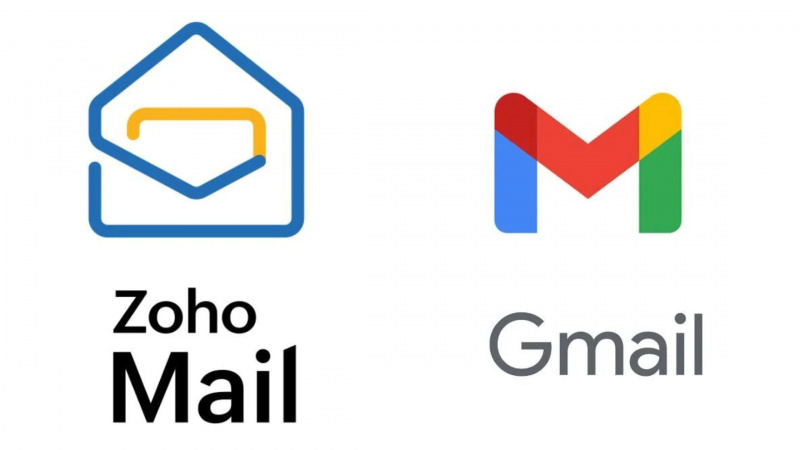Artificial Intelligence for brands
The longing to become a preferred brand has pushed the marketers towards technology integration in the form of a seamless omnichannel experience. One such techn
- by Vandita Jadeja 2017-08-28 12:46:08
The global economy changes from time to time, however the one factor which has remained consistent and shown an upward tilt is the consumer demand. The rise in consumers’ demand is the driving force for the economy which also pushes the brands to carve unique experiences for them.
The longing to become a preferred brand has pushed the marketers towards technology integration in the form of a seamless omnichannel experience. One such technology is artificial intelligence which has permeated into the branding space and is turning out to be indispensable for the brands. A recent report by PwC on AI mentioned that 72% of the business decision makers believed that AI will be a business advantage of the future. This optimism is transforming into adoption and brands are realizing how AI is becoming the next game changer in terms of customer loyalty. Every customer looks for a personalized experience and AI is set to provide just that.
Earlier, the marketers had to ensure sync across all the entities, whether big or small, the visual appeal of the product, in store management, timing of offer email etc. Now with the use of AI, this sync is much easier to manage than earlier which has also reduced errors and led to high speed outputs. The combination of AI and analytics makes the perfect recipe for an intelligent user engagement by providing a highly personalized experience. Here is how AI when integrated with sales strategy can translate into higher recall and brand loyalty.
End of privacy invasion: With a strong aversion sentiment on any kind of intrusion, getting a precision and real time feedback from the customers had always been a tough task for brands. AI can save the consumers and brands from the pain, by automatically registering the customer’s behavior concerning a product or by mapping their usage patterns. This will ensure that the brand can figure out flaws from the products and services and they can gain knowledge of what is acting as a deal breaker and what is making the deal a best seller. This information can prepare the brands to put their best strategy forward.
Being present at the Right Time-Right Place: Syncing with the sensor deployment, AI will be able to track the footfall at a store which will include the reactions and preferences of the customers. This can generate a buying pattern. The footfall will not be limited to the numbers only. This sort of mapping will enable the seller to plan their offers in sync with the output probabilities. Brands will now be empowered with the segregation of users based on their behavior and activity time frame which will provide the likelihood of buying. This targeted approach will increase the click through rates for the brands and lead to an increase in footfalls.
Personalized experiences: AI can capture, store, analyze, map and predict the reactions of the customers and their choices. This will ultimately give the end user a customized experience which is specially tailored for them. Keeping the purchase trends as base, robust recommendations will be made to help in driving impulse purchases. AI will help the consumers by giving them narrowed down selections, thus, easing the burdensome task of decision making. Lastly, it will enable a one on one relation which does not demand individual attention and saves time and money.
Supporting the omnichannel existence: Mapping the usage pattern, AI systems are able to target the devices and channels on which it sees user’s maximum engagement. This will also put an end to the ‘unsubscribe’ buttons and push messages by keeping in mind the preferences of the individual. This increases the chances of content hitting the right place at a right time.
There are various ways in which brands can use AI to leverage their business. The eventual outcome of the end to end experience is a string of loyal customers. It takes an intelligent blend of human interaction and technology applications which set a brand apart from the rest. Striking the perfect balance between the two is the job of AI.
POPULAR POSTS
The Agentic Revolution: Why Salesforce Is Betting Its Future on AI Agents
by Shan, 2025-11-05 10:29:23
OpenAI Offers ChatGPT Go Free in India: What’s Behind This Big AI Giveaway?
by Shan, 2025-10-28 12:19:11
Zoho Products: Complete List, Launch Years, and What Each One Does
by Shan, 2025-10-13 12:11:43
Arattai vs WhatsApp: Which Messaging App Should You Choose in 2025?
by Shan, 2025-10-10 11:55:06
Top Buy Now Pay Later (BNPL) Apps for Easy Shopping in 2025
by Shan, 2025-09-22 10:56:23
iPhone 17 Sale in India Begins: Full Price List, Launch Offers and Store Availability
by Shan, 2025-09-19 12:00:45
Apple September 2025 Event Recap: iPhone 17, iPhone Air, Apple Watch Series 11, and India Pricing Revealed
by Shan, 2025-09-10 09:55:45
RECENTLY PUBLISHED

Loan EMIs to Drop as RBI Slashes Repo Rate - Full MPC December 2025 Highlights
- by Shan, 2025-12-05 11:49:44

Pine Labs IPO 2025: Listing Date, Grey Market Premium, and Expert Outlook
- by Shan, 2025-11-05 09:57:07

Top 10 Insurance Companies in India 2026: Life, Health, and General Insurance Leaders Explained
- by Shan, 2025-10-30 10:06:42

Best Silver Investment Platforms for 2025: From CFDs to Digital Vaults Explained
- by Shan, 2025-10-23 12:22:46

Zoho Mail vs Gmail (2025): Which Email Platform Is Best for Businesses, Startups, and Students?
- by Shan, 2025-10-09 12:17:26

PM Modi Launches GST Bachat Utsav: Lower Taxes, More Savings for Every Indian Household
- by Shan, 2025-09-24 12:20:59




 Subscribe now
Subscribe now 